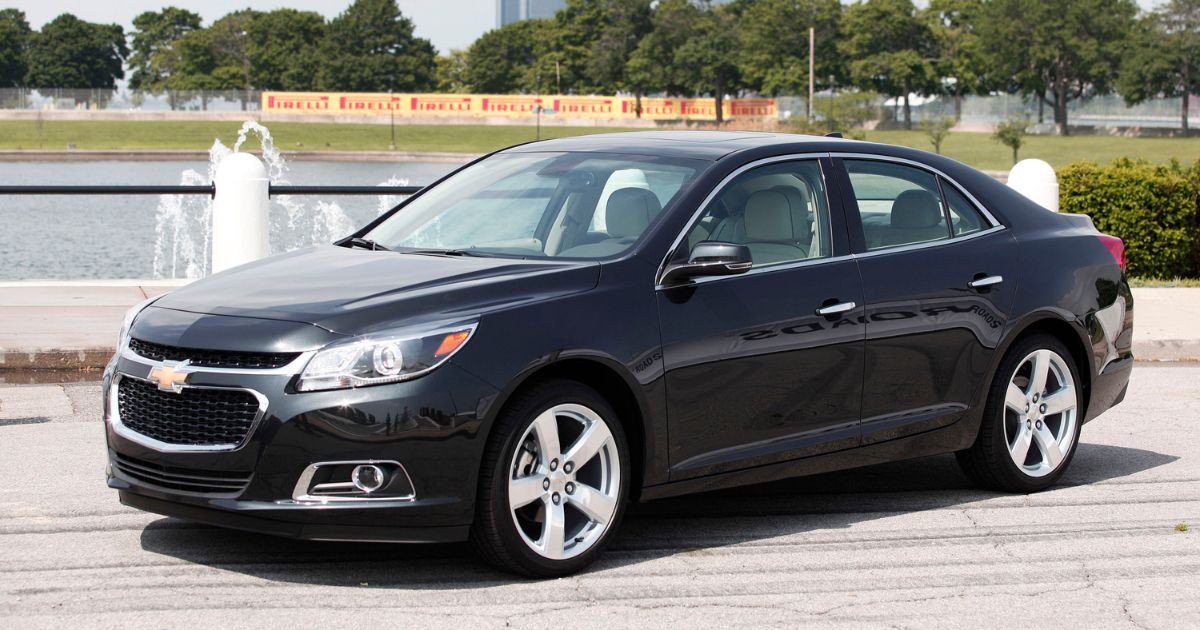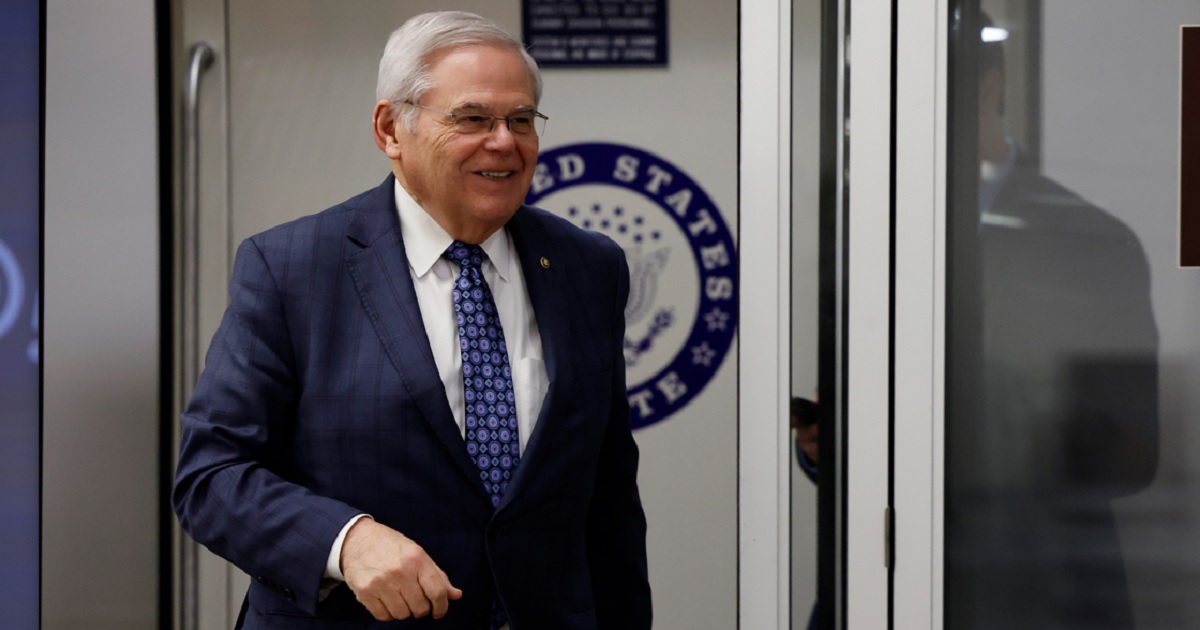UAW Strike: ‘Union Joe’ in a Lose-Lose Situation After Incorrectly Predicting Strike’s Costliness.
Say it ain’t so, Joe.
That’s what Democrats are surely muttering to themselves as, despite the Biden administration’s public statements this week that the United Auto Workers wouldn’t go on strike, UAW members Thursday night walked out at all three major U.S. auto companies.
The strike comes near the opening of a year in which plans for Biden’s re-election include boasts of a booming economy, something an auto strike could derail.
And the U.S. Chamber of Commerce blamed the Biden administration for the work stoppages.
“The UAW strike and indeed the ‘summer of strikes’ is the natural result of the Biden administration’s ‘whole of government’ approach to promoting unionization at all costs,”
according to a statement Friday by Suzanne P. Clark, chamber president and CEO, Politico reported.
The strike is unprecedented — the long tradition has been for the UAW to only strike one company, with other companies following what the struck company and the UAW agree to.
But this strike is aimed at all three – General Motors, Ford, and Stellantis (formerly Fiat Chrysler) – except it limits itself to one assembly plant at each manufacturer, idling 13,000 workers in Michigan, Ohio, and Missouri, according to The Detroit Free Press.
And the UAW has added it will focus on striking different plants, primarily to keep manufacturers off-guard.
At an impromptu news conference outside the Ford plant in Wayne, Michigan, recently elected UAW president Shawn Fain described bread-and-butter issues as main reasons for the strike.
“There’s a serious double standard in this country right now,”
Fain said. “There’s a billionaire class and there’s the rest of us.
“We’re all expected to sit back and take the scraps and live paycheck to paycheck and scrape to get by,”
he continued. “We’re second-class citizens.
“…This isn’t just about the UAW,”
Fain said. “This is about working people everywhere in this country. No matter what you do for a living, you deserve your fair share of equity.”
Fain made these comments in a WJBK-TV segment, which you can watch below:
That, in effect, was Fain’s summation of “Bidenomics,” although when asked by a reporter about conversations between himself and Biden, the UAW president was very careful to say he did not want to discuss politics.
Despite the rosy portraits of life in Biden’s America peddled by Democrats and their establishment media allies, Fain is on to something – working people are hurting.
Not only could Biden not foresee the strike, but his administration seems out of touch to Americans plagued by outrageous price increases in food and Biden-caused cost hikes in energy.
Despite Fain’s desire to keep politics out of his pronouncements, he did say he was “shocked,” by a Biden statement on Labor Day when Biden was asked if he expected a UAW strike and replied: “I don’t think it’s going to happen,” per Politico.
Besides seeking 40 percent pay increases over four years, 32-hour work weeks, and the return of pensions for new hires, there’s another concern the UAW has: Electric cars.
The Biden administration, university professors, planet-protectors and other idealogues divorced from the laws of nature think the world can switch from internal combustion power to generated electricity with no more discomfort then, say, unplugging and plugging so many world systems as we did so smoothly in 2020.
Auto workers know better. They know electric cars are risky to them.
They must know the electric car movement is a top-down push divorced from market realities.
They must know internal combustion vehicle prices are going up to subsidize the EVs and they must know consumers are not buying $60,000 ICE pickups or electric Ford F-150s that can’t tow anything.
They must know they need protection from such things and are concerned about billions of federal dollars to auto companies for clean energy projects in less unionized and right-to-work states, according to Politico.
Recently, the Department of Energy established guidelines to move green dollars to union employers, which some believe will tilt autoworkers to support Biden, CNN said.
For his part, former President Donald Trump, who opposes EVs and has done well with auto workers, has said Biden policies “will murder the U.S. auto industry and kill countless autoworker jobs forever.”
The Blue-Green Alliance, a coalition of labor and environmental groups has as its executive director Jason Walsh, formerly of the Obama administration.
“For my coalition, union workers are not going to continue to support the policies to make this clean energy shift if they are not benefiting from it directly and economically,” Walsh said.
He added: “For them, the end of the month matters a whole lot more than the end of the world.”
Speaking of the end of the world, a prolonged strike could wipe out thousands of suppliers to the auto industry, something the Biden administration is considering grants and loans to offset, according to USA Today.
A strike lasting two or three weeks could send half of suppliers into bankruptcy, impacting some 345,000 workers, according to Politico.
While there are far fewer of them than there used to be, a strike of the magnitude of that in the auto industry is a serious matter. Last month, CNBC reported that a 10-day strike could cost the economy $5 billion. Unlike with railroads and airlines, the president is legally limited in what he can do in the UAW strike, but traditionally the White House has interests in seeing such disruptions come to an end.
But in this case, President Biden couldn’t even see it coming.
The post UAW Strike: ‘Union Joe’ Facing Lose-Lose Situation After Wrongly Predicting Costly Strike Wouldn’t Happen appeared first on The Western Journal.
Why is the U.S. Chamber of Commerce blaming the Biden administration for the work stoppages and what concerns do they raise about Biden’s policies?
Ment allies, the recent strike by the United Auto Workers (UAW) serves as a stark reminder that not all is well in President Biden’s administration. The strike, which came as a surprise to many, undermines the administration’s claim of a booming economy and threatens to disrupt the plans for Biden’s re-election campaign.
The U.S. Chamber of Commerce wasted no time in placing the blame squarely on the Biden administration for the work stoppages. Chamber President and CEO, Suzanne P. Clark, stated that the strike was a direct result of the administration’s aggressive approach towards promoting unionization at all costs. The chamber’s statement echoes the concerns of many who see Biden’s policies as favoring unions over businesses and potentially leading to more labor conflicts in the future.
What makes this strike particularly notable is its unprecedented nature. Traditionally, the UAW has only struck against a single company, with other companies following suit based on the agreement reached. However, this strike is aimed at all three major U.S. auto companies – General Motors, Ford, and Stellantis – but limited to one assembly plant at each manufacturer. This strategic move effectively idles 13,000 workers in Michigan, Ohio, and Missouri, causing significant disruptions to production.
UAW President Shawn Fain cited bread-and-butter issues as the main reasons for the strike. According to Fain, there is a serious double standard in the country, with a billionaire class enjoying wealth and luxury while the rest of the working class struggles to make ends meet. Fain emphasized that this strike is not just about the UAW but about working people everywhere, urging for a fair share of equity for all.
Despite Fain’s strong statements, he was cautious when asked about his conversations with President Biden, explicitly stating that he did not want to discuss politics. This tactful approach suggests a delicate balance that Fain, as the UAW president, must maintain while negotiating with the administration.
The strike raises questions about the Biden administration’s ability to manage labor relations effectively and fulfill its promises of economic prosperity. As the Democrats plan for Biden’s re-election campaign, this unexpected strike serves as a potent reminder that unforeseen challenges and obstacles may threaten their idealized vision of a booming economy.
In conclusion, the UAW strike against all three major U.S. auto companies undermines the Biden administration’s claims of a thriving economy and presents a significant hurdle for their re-election plans. As the UAW and auto companies engage in negotiations, it remains to be seen how this labor conflict will be resolved and what impact it will have on the broader political landscape.
" Conservative News Daily does not always share or support the views and opinions expressed here; they are just those of the writer."





